Table of Contents
- Introduction
- The Emergence of the Metaverse: A Digital Revolution
- History and Definition of the Metaverse
- Key Technologies Driving the Metaverse
- Transformations in Digital Life
- The Role of the Metaverse in Political Campaigns
- New Advertising Spaces
- Direct Voter Engagement
- Examples of Successful Campaigns in the Metaverse
- Cryptocurrencies and Their Impact on Politics
- Cryptocurrencies as Funding Tools
- Challenges in Financial Transparency
- New Regulations to Combat Corruption
- Challenges of Governance in the Metaverse
- Privacy and Data Security
- Digital Property Rights
- Social Dimensions of the Metaverse
- Regulations and Laws in the Metaverse
- Global Examples: Governments Utilizing the Metaverse
- Metaverse-Based Urban Projects
- The Growth of Digital Tourism
- Diplomatic and Cultural Events in the Metaverse
- The Future of Global Politics in the Metaverse
- Predictions and Potential Scenarios
- Long-Term Impacts on Political Structures
- The Role of Emerging Technologies in Global Policies
- Conclusion
- Opportunities and Threats of the Metaverse
- Global Responsibilities Toward the Metaverse
- Proposed Solutions for a Better Future
Introduction
Technological advancements in recent decades have given rise to new phenomena, with the metaverse standing out as one of the most significant. As a virtual world where individuals can live, work, and even engage in politics, the metaverse is rapidly becoming a central player in the future of governance. This article explores the metaverse’s impact on politics and governance, addressing the challenges and opportunities that this emerging technology presents.
The Emergence of the Metaverse: A Digital Revolution
- History and Definition of the Metaverse
The concept of the metaverse first appeared in the 1990s, but it wasn’t until the 2020s that it gained significant traction in the world of technology and media. The metaverse refers to a virtual world that can be accessed through the internet and advanced technologies like Virtual Reality (VR) and Augmented Reality (AR). This multi-dimensional space allows individuals to exist as digital avatars and interact with each other in a shared virtual environment.
- Key Technologies Driving the Metaverse
The rise of the metaverse has been made possible by significant advancements in various technologies. VR and AR provide immersive experiences, while Artificial Intelligence (AI) and blockchain technology enhance the functionality and security of this digital world. These technologies enable users to have a comprehensive and realistic experience in the metaverse, with blockchain playing a crucial role in securing digital currencies and assets, ensuring transparency, and building trust in the metaverse ecosystem.
- Transformations in Digital Life
The metaverse is not just a space for socializing and entertainment; it is also becoming an economic and political arena. People can create digital businesses, receive education, and even participate in elections within this space. The metaverse is thus emerging as a pivotal factor in the evolution of digital life and future governance.
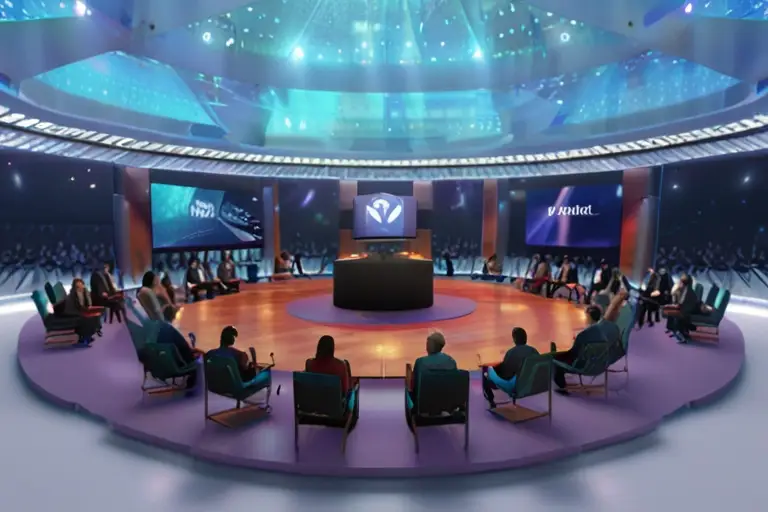
The Role of the Metaverse in Political Campaigns
- New Advertising Spaces
One of the most immediate impacts of the metaverse on politics is the creation of new advertising spaces. Politicians can now run campaigns that are far more interactive and engaging than traditional methods allow. In the metaverse, political ads can take on many forms, including 3D displays, live events, and even interactive games, all designed to capture the attention of a digital-savvy electorate.
- Direct Voter Engagement
The metaverse also allows politicians to engage directly with voters across the globe. This direct interaction increases transparency and strengthens the connection between politicians and the public. It also facilitates virtual town halls, debates, and public meetings, enabling politicians to deliver their messages more effectively and receive immediate feedback.
- Examples of Successful Campaigns in the Metaverse
In recent years, there have been notable examples of successful political campaigns in the metaverse. For instance, in the 2024 U.S. presidential elections, one candidate effectively used a metaverse-based campaign to attract a large number of young voters. By leveraging VR technology, the candidate hosted live, interactive campaign rallies, which resonated strongly with the digital-native electorate.
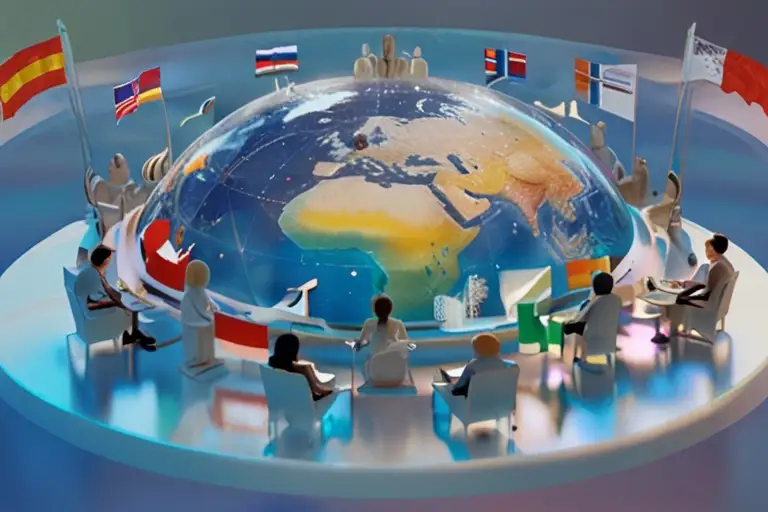
Cryptocurrencies and Their Impact on Politics
- Cryptocurrencies as Funding Tools
Cryptocurrencies have become an important tool for financing political campaigns in the metaverse. These digital currencies allow politicians to raise funds without relying on traditional financial systems, making the fundraising process faster and more transparent. However, the decentralized nature of cryptocurrencies also presents challenges in terms of financial oversight and regulation.
- Challenges in Financial Transparency
Despite the benefits of using cryptocurrencies in political campaigns, there are significant challenges regarding financial transparency. The decentralized nature of cryptocurrencies makes tracking transactions difficult, potentially leading to opacity and corruption. Governments must, therefore, implement new regulations to monitor financial flows in the metaverse effectively.
- New Regulations to Combat Corruption
To address the challenges posed by cryptocurrencies, governments need to establish new regulatory frameworks. These regulations should be designed to ensure financial transparency in the metaverse and prevent corruption. One proposed solution is the creation of an international regulatory body to oversee digital currency transactions, ensuring accountability and reducing the risk of financial misconduct.
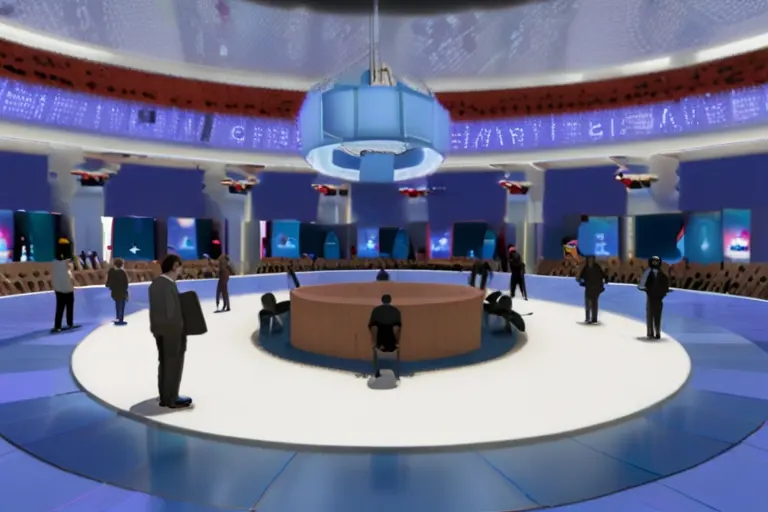
Challenges of Governance in the Metaverse
- Privacy and Data Security
One of the most significant challenges in governing the metaverse is maintaining user privacy and data security. Given the metaverse’s heavy reliance on data collection and analysis, protecting users’ personal information is of utmost importance. Governments must enforce strict regulations to prevent data misuse and ensure that users’ privacy is safeguarded in this digital environment.
- Digital Property Rights
The issue of property rights in the metaverse is also critical. In this virtual space, digital assets such as virtual land, digital art, and other forms of virtual property can become the subject of legal disputes. To prevent conflicts and misuse, governments need to establish clear laws that define ownership and protect digital property rights.
- Social Dimensions of the Metaverse
The metaverse can also have significant social implications. While it can foster social cohesion and increase interaction among people, it could also exacerbate social inequalities. For example, those without access to advanced technology may be excluded from the opportunities the metaverse offers. Governments must consider these social issues and develop policies to address digital inequality in the metaverse.
- Regulations and Laws in the Metaverse
As the metaverse becomes more widely used, the need for new regulations and laws to govern user activities in this space grows. These laws should be designed to protect users’ rights and prevent issues such as identity theft, fraud, and intellectual property violations. Moreover, governments should strive to implement these regulations on a global scale to prevent any jurisdictional loopholes that could lead to abuses in the metaverse.
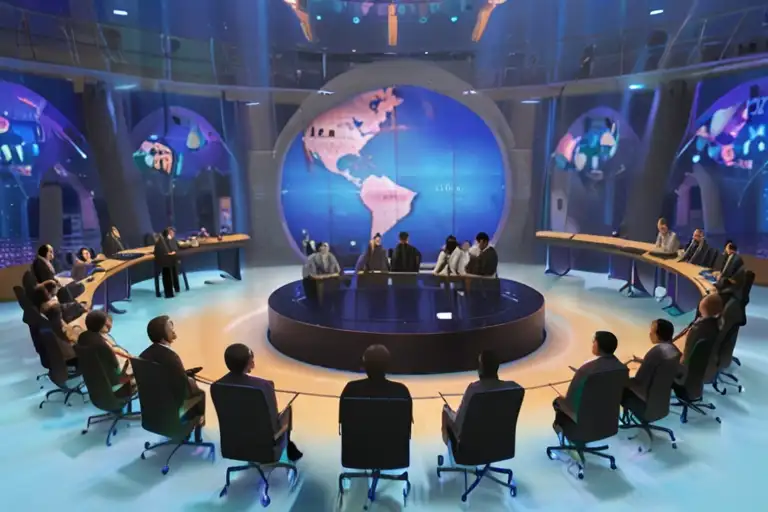
Global Examples: Governments Utilizing the Metaverse
- Metaverse-Based Urban Projects
Cities around the world are beginning to explore the use of the metaverse to improve urban services and enhance citizen satisfaction. For example, Seoul in South Korea and Shanghai in China have launched metaverse projects that allow citizens to access municipal services, report issues, and communicate with city officials virtually. These initiatives have the potential to increase the efficiency of urban management and reduce operational costs.
- The Growth of Digital Tourism
Some countries are also using the metaverse to expand their tourism industries. For instance, Barbados has established a virtual embassy in the metaverse to attract tourists and investors. By offering immersive digital tourism experiences, Barbados aims to boost its revenue by drawing digital tourists to its virtual shores, demonstrating the metaverse’s significant economic potential for nations.
- Diplomatic and Cultural Events in the Metaverse
Beyond economic uses, some governments are leveraging the metaverse to host diplomatic and cultural events. These events can include international conferences, cultural exhibitions, and even diplomatic negotiations. Hosting these events in the metaverse can reduce costs and increase accessibility, helping to develop digital diplomacy and enhance international interactions.
The Future of Global Politics in the Metaverse
- Predictions and Potential Scenarios
Given the rapid growth of the metaverse and its far-reaching effects on politics and governance, various predictions have been made about the future of this space. One such prediction is that the metaverse will become a primary political tool, with governments and international organizations using it to manage crises, engage with citizens, and even hold elections. Additionally, there are potential scenarios where the metaverse could become a platform for resolving international disputes, as it allows for negotiations without physical presence and reduces security risks.
- Long-Term Impacts on Political Structures
The metaverse could also significantly impact global political structures. It may change how governments interact with citizens, challenging traditional power dynamics. For instance, governments might need to adapt their policies to meet the needs of digital citizens. Furthermore, the metaverse could strengthen social movements and direct democracy, as it provides a space for greater citizen participation in decision-making processes.
- The Role of Emerging Technologies in Global Policies
The metaverse alone cannot bring about extensive changes in global policies; it needs to be combined with other emerging technologies. For example, AI, the Internet of Things (IoT), and blockchain could play crucial roles in the development and governance of the metaverse. Combining these technologies with the metaverse can lead to the creation of smart, automated, and transparent governance systems. This integration will also help governments address the new challenges posed by the metaverse and adopt more effective policies.
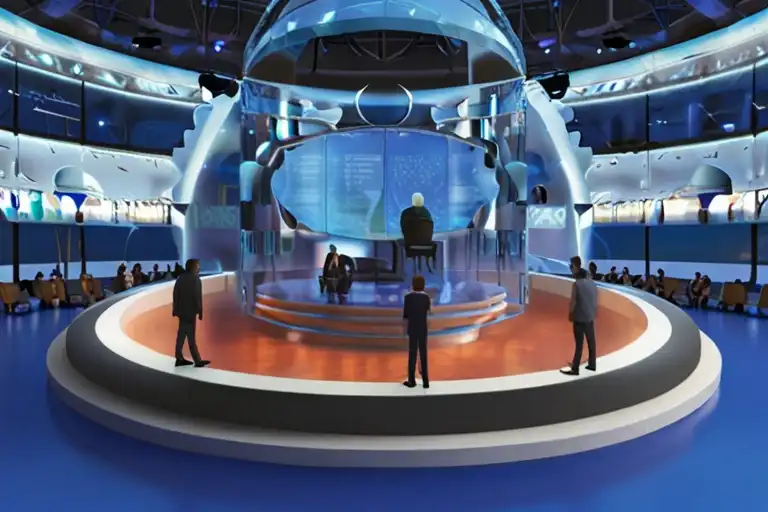
Conclusion
- Opportunities and Threats of the Metaverse
As a new digital space, the metaverse presents numerous opportunities for governments, politicians, and citizens. From creating new spaces for political advertising to facilitating international interactions and strengthening democracy, the metaverse has vast potential for transforming politics and governance. However, it also brings new challenges and threats that require serious attention and preventive measures.
- Global Responsibilities Toward the Metaverse
Governments and international organizations must be aware of their responsibilities toward the metaverse and develop appropriate policies and regulations for managing this space. Issues such as privacy protection, data security, digital property rights, and reducing social inequalities are among the key areas requiring special attention. Moreover, international cooperation is essential for developing coordinated regulations and preventing abuses in the metaverse.
- Proposed Solutions for a Better Future
To maximize the benefits of the metaverse and prevent potential problems, several solutions can be proposed. One solution is the creation of an international legal framework that defines the rights and responsibilities of users and governments in the metaverse. Additionally, governments should invest in technological infrastructure and educate citizens on how to use the metaverse effectively. Establishing a robust and transparent oversight system can also help prevent corruption and misuse in this space.
Table of Contents
Toggle
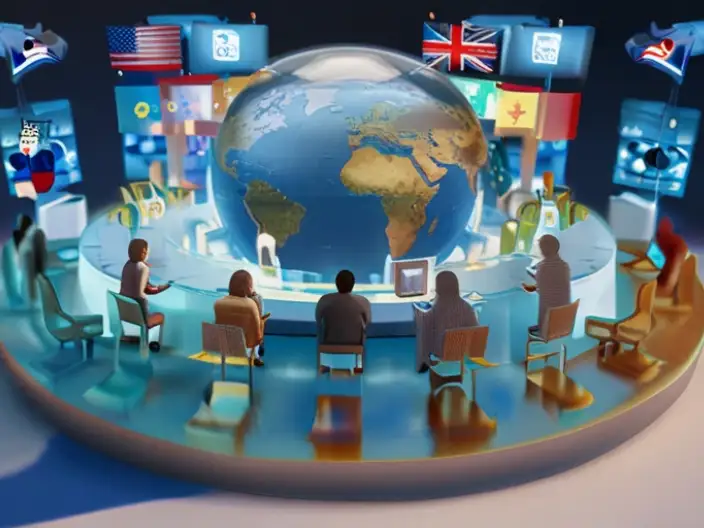

One Response